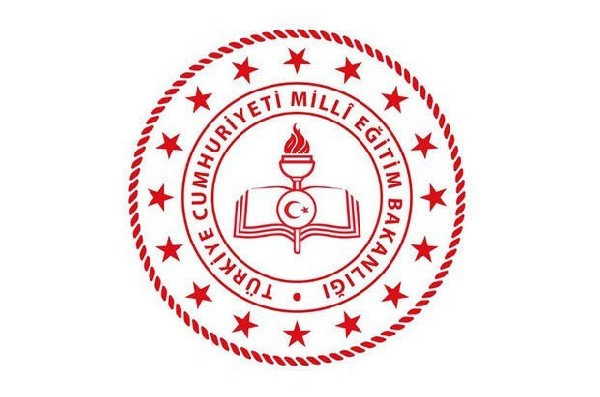
Directorate of Provincial National Education of Adiyaman
Adıyaman Milli Egitim Müdürlügü (Directorate of Provincial National Education of Adiyaman) is responsible for 44 pre-primary schools, 456 primary schools and 200 lower secondary schools, 96 High schools, 35 Vocational Schools. 9588 staff is employed. We have 151810 students. The innovation center of the city of Adiyaman is unique across the country as a public body. Originally, the staff of the Research and Development Department of the City Educational Directorate works there.
The staff consists of various experts. All kinds of international projects are observed and supported in their center.
There are training courses on those fields especially STEM and Arduino Coding throuhout the year. There are two English teachers who are experts on Erasmus projects counselling for the project volunteers across the city.
The Directorate of Education is responsible for all kinds of activities of over 500 schools in the city. They carried out numerous projects both before and after the Erasmus plus period. Thier staff can contribute to the possible partnerships in terms of: – creating a website including online sessions – organize trainings on STEM, Arduino Coding, Robotics – organize seminars and conferences on such issues – produce the necessary media documents such as advanced videos, proffessional photos and logos. Their institution has implemented 101 Comenius school projects: 15 LdV projects, 2 Grundtvig projects, 1 comenius 3 Network (6 international conferences have been organized within the project), 1 Hosting Study Visit, 2 Youth Projects, 2 Comenius Regio partnership, 1 project under coordination of CFCU(LLP), 1 project to increase schooling of Girls. They also have been involved in 1 LdV Transfer of Innovation as a partner. Therefore, we can express that we have experience in implementing European Union projects according to the objectives.
As the institution they try to develop knowledge and understanding among young people and educational staff of the diversity of European cultures and languages and its value; to help young people acquire the basic life-skills and competences necessary for their personal development, for future employment and for active European citizenship. They strive to improve the quality and to increase the volume of mobility involving pupils and educational staff of our institution; to encourage the learning of modern foreign languages; to support the development of innovative ICT-based content, services, pedagogies and practice for lifelong learning; to enhance the skills of teachers; to support improvements in pedagogical approaches and school management to provide good quality education for our students.
Uğur Karadeniz
Web: http://adiyaman.meb.gov.tr/
E-Mail: ughur02@gmail.com